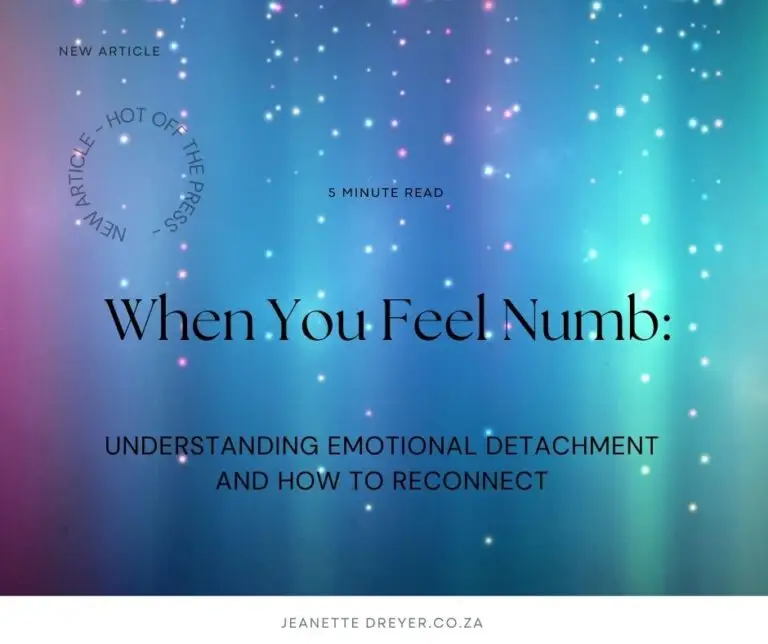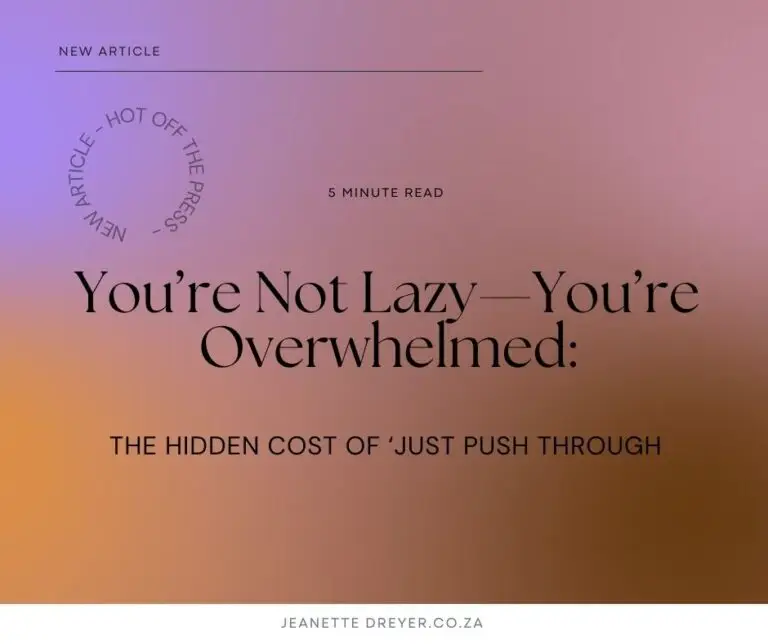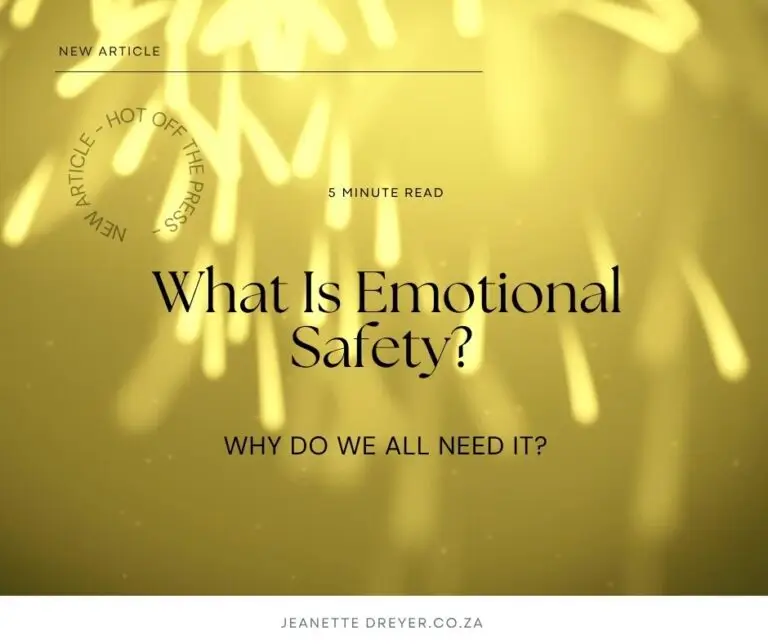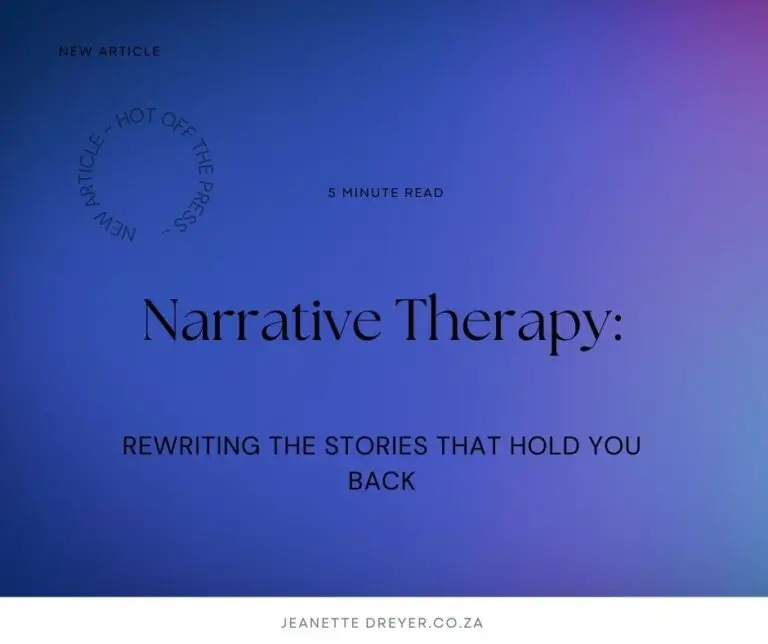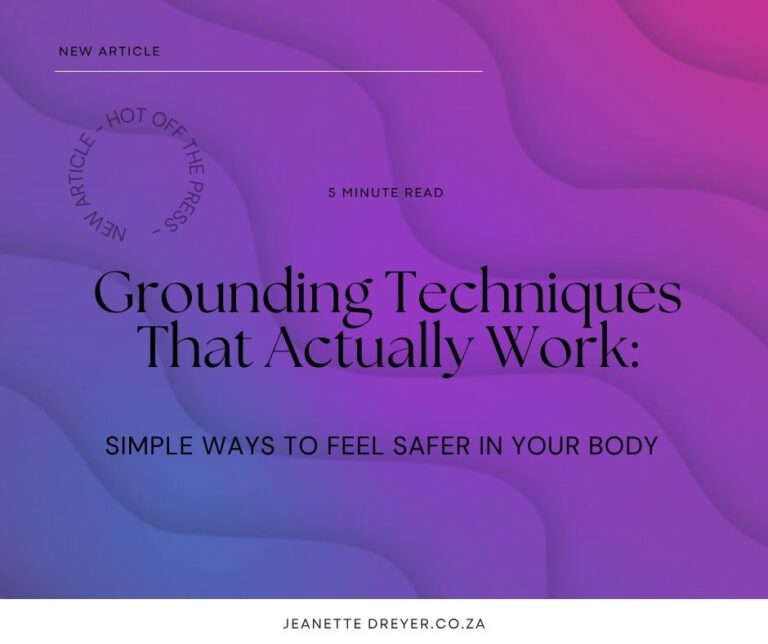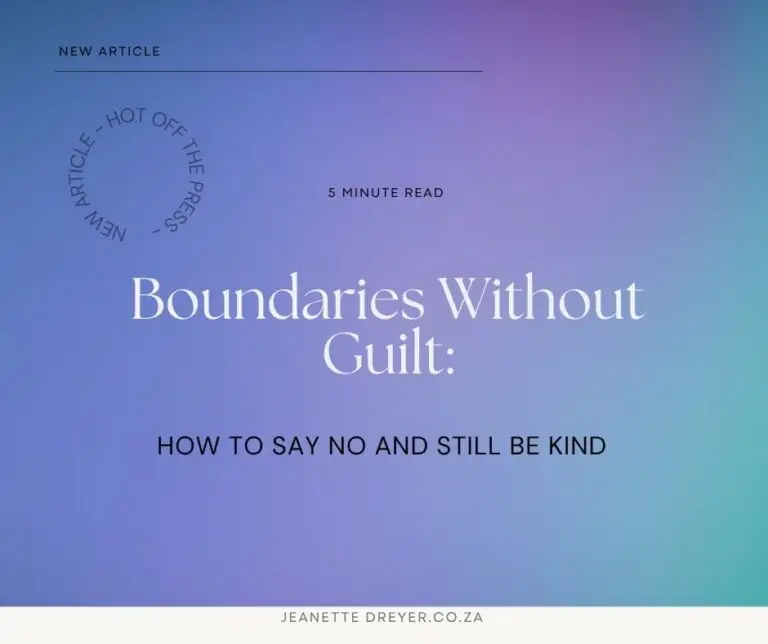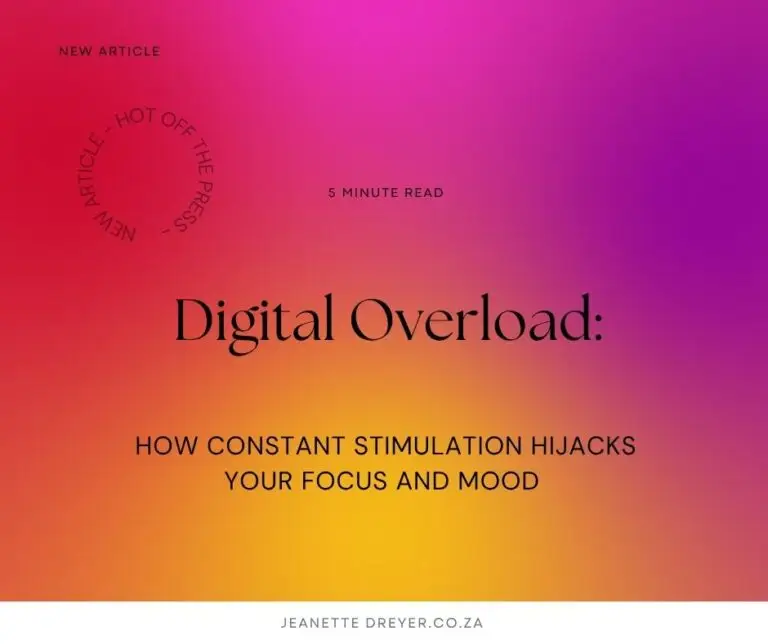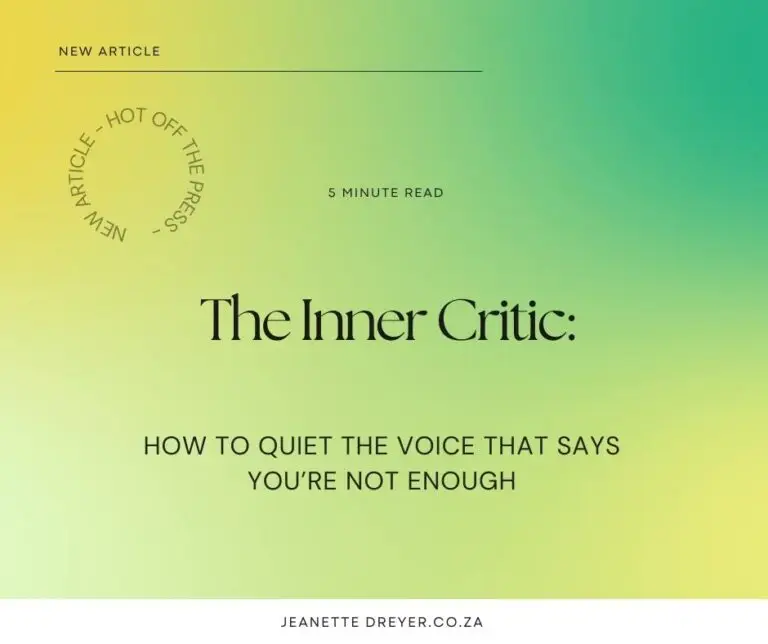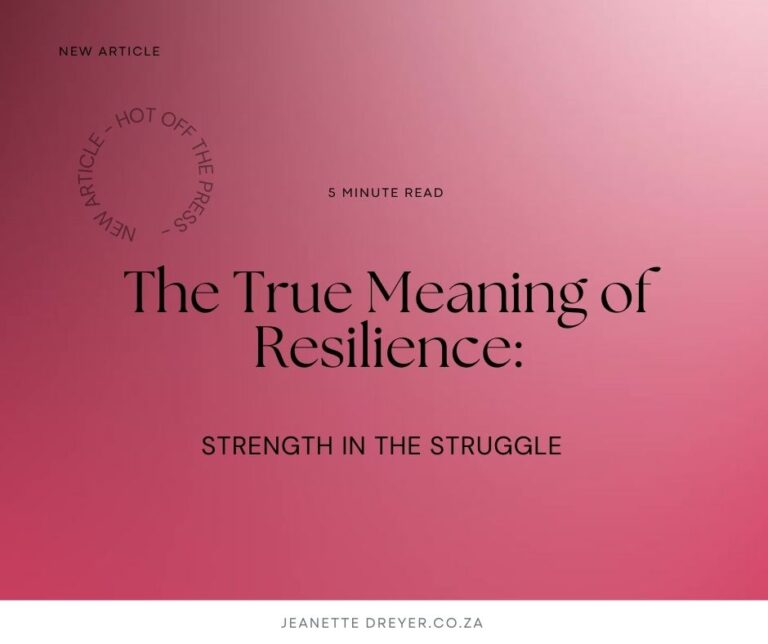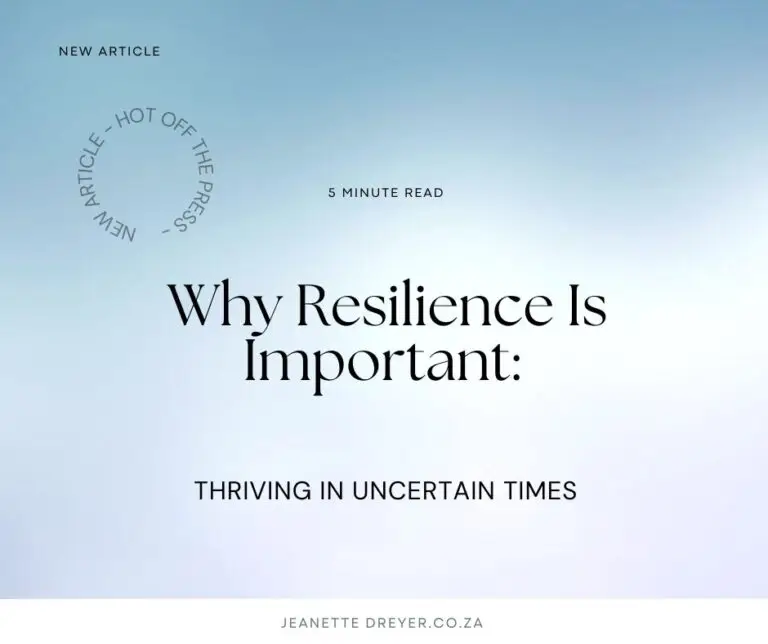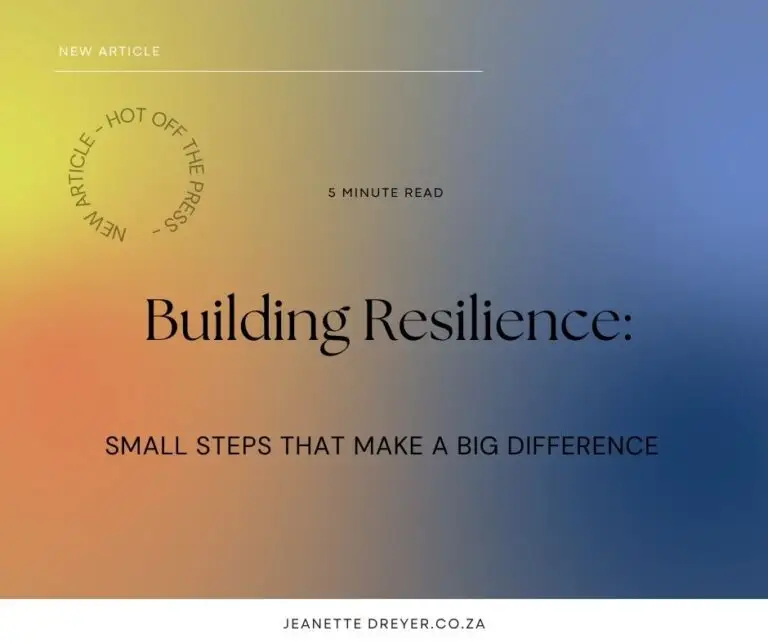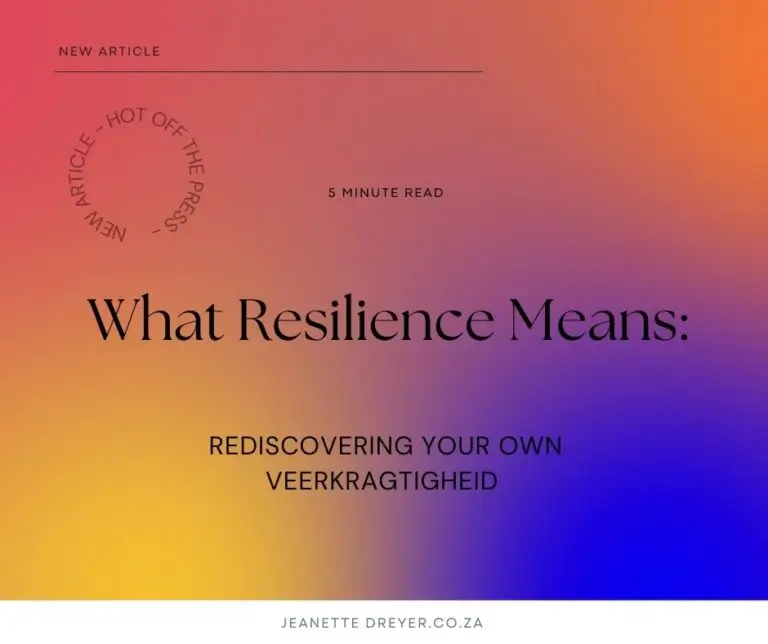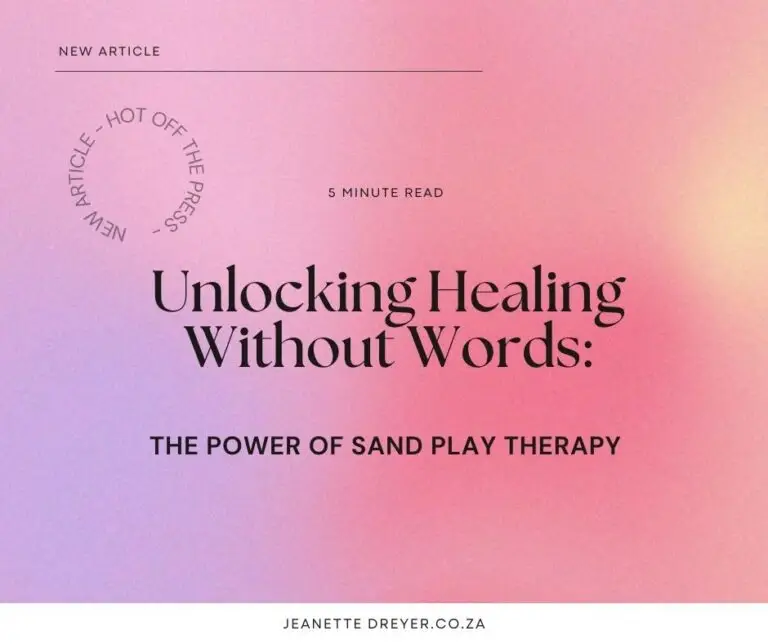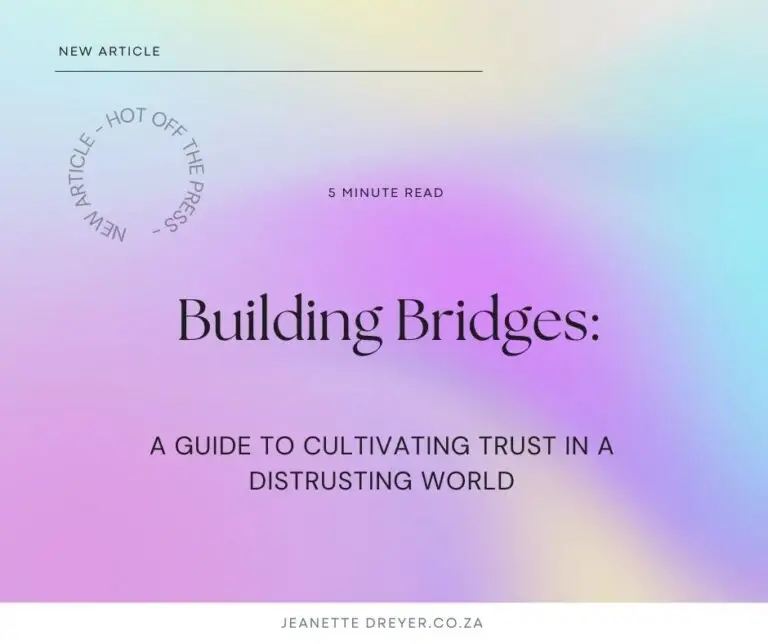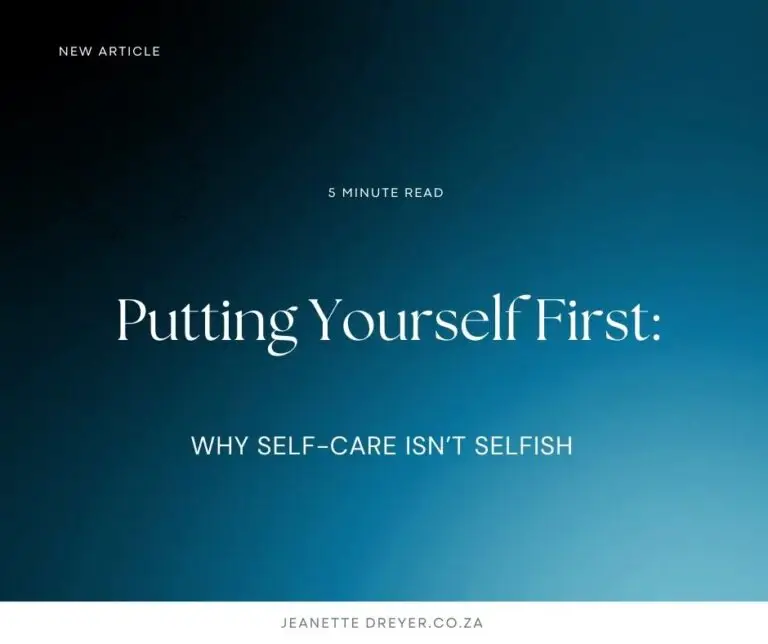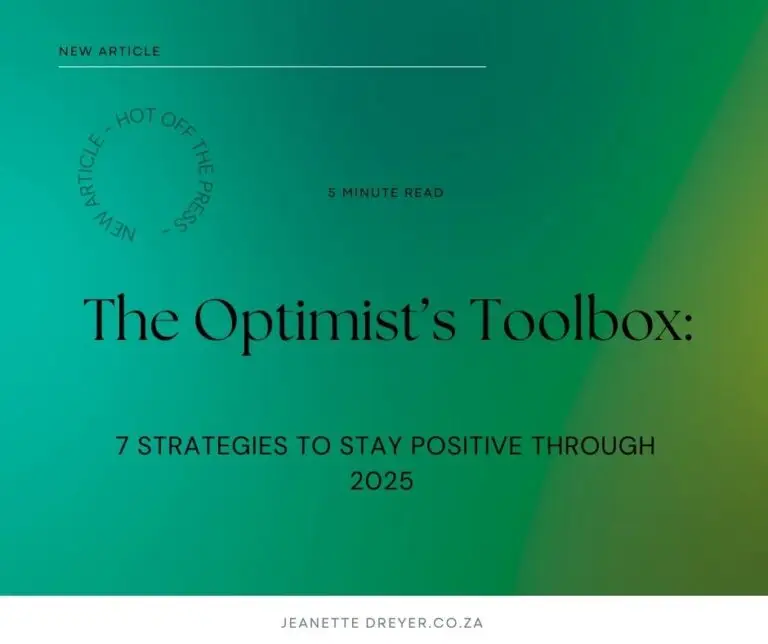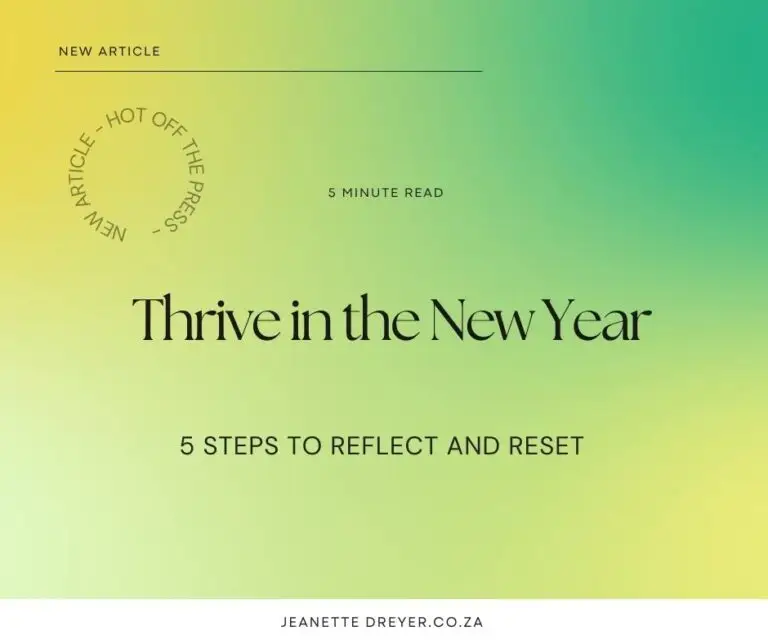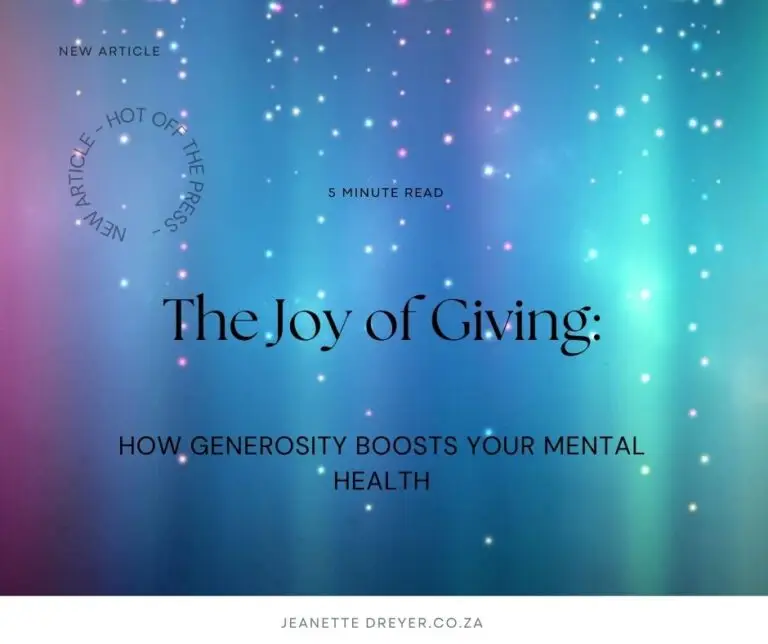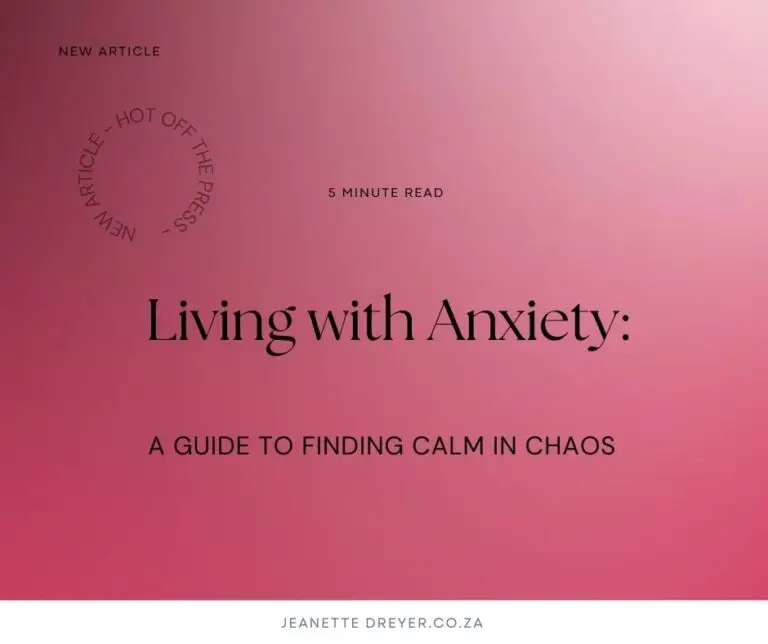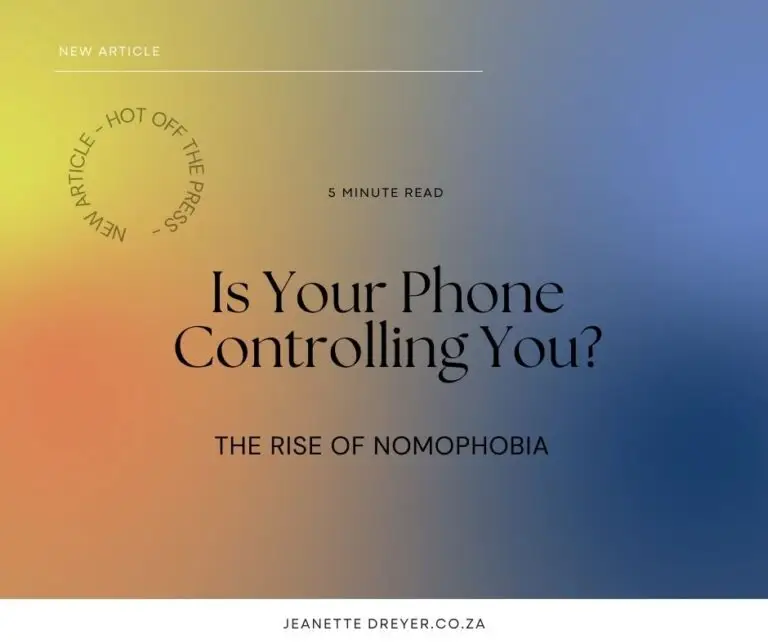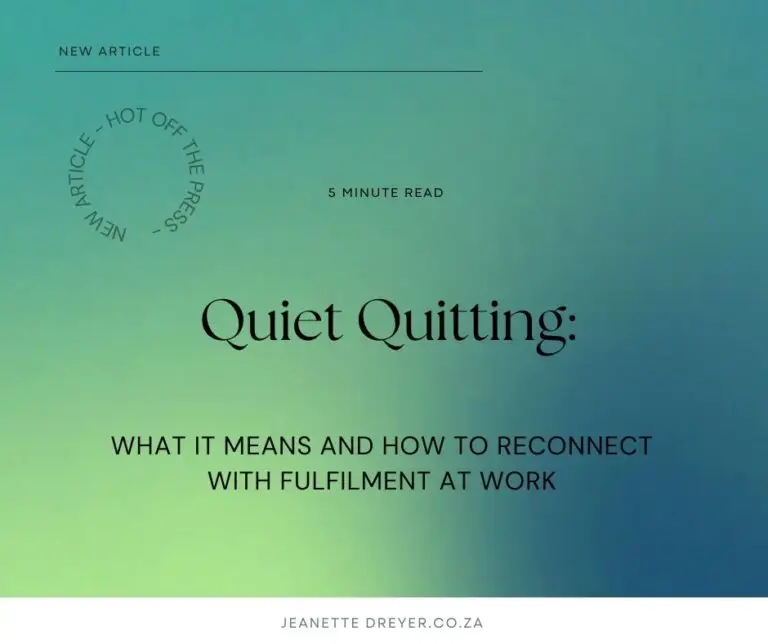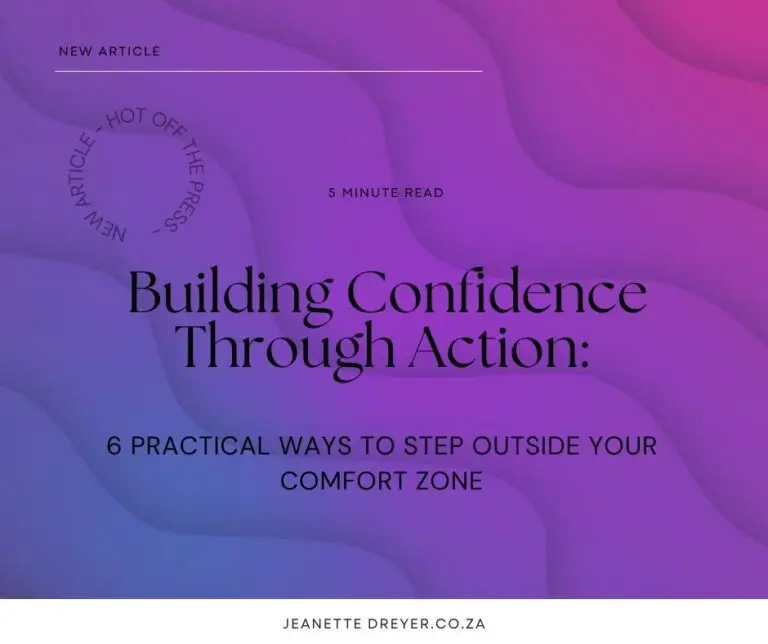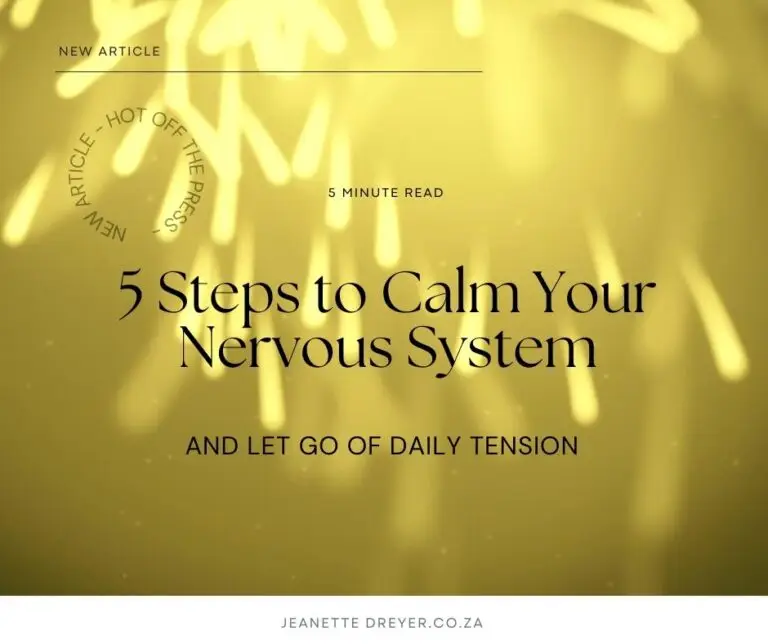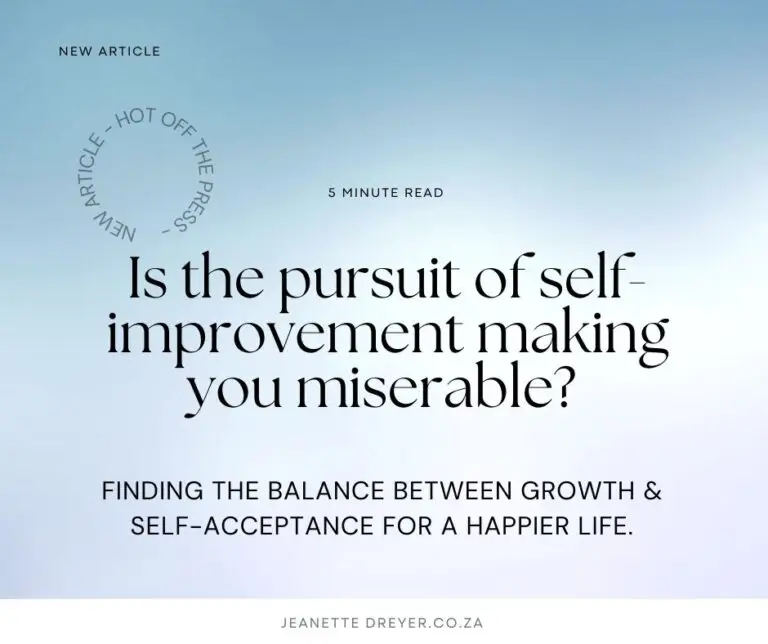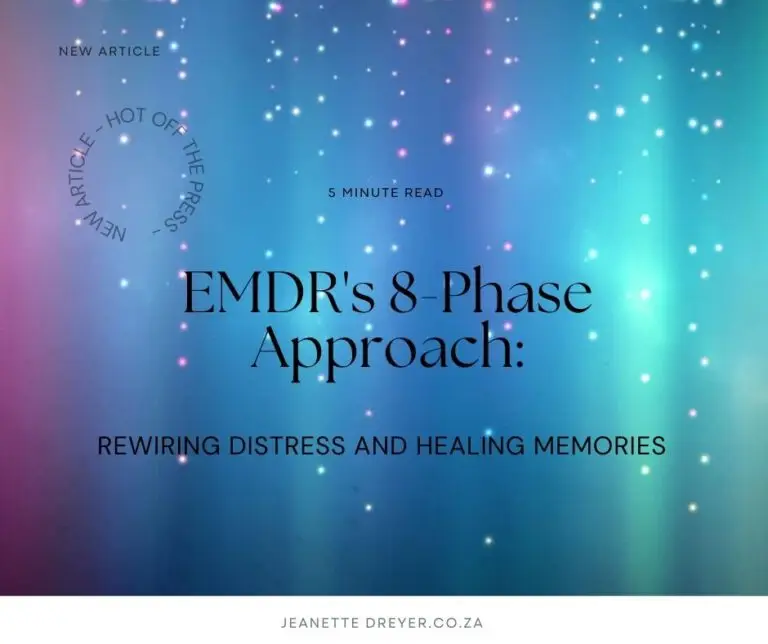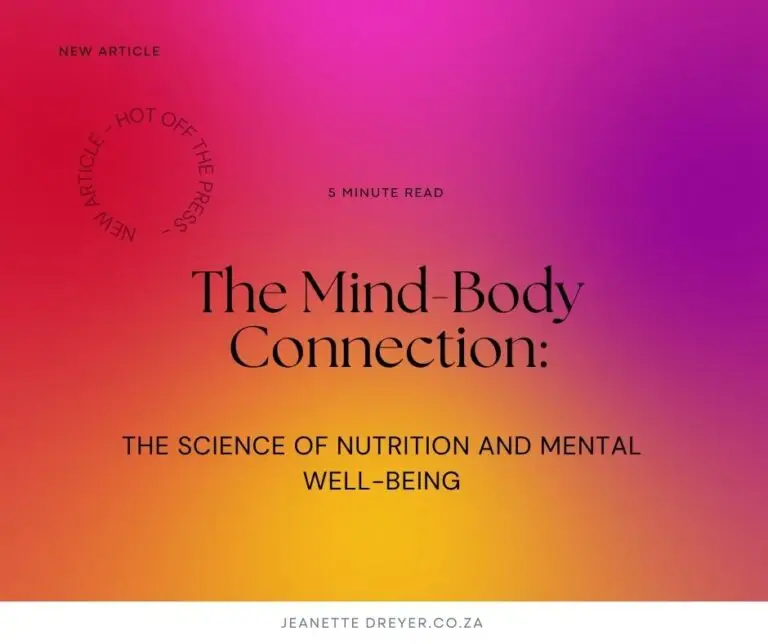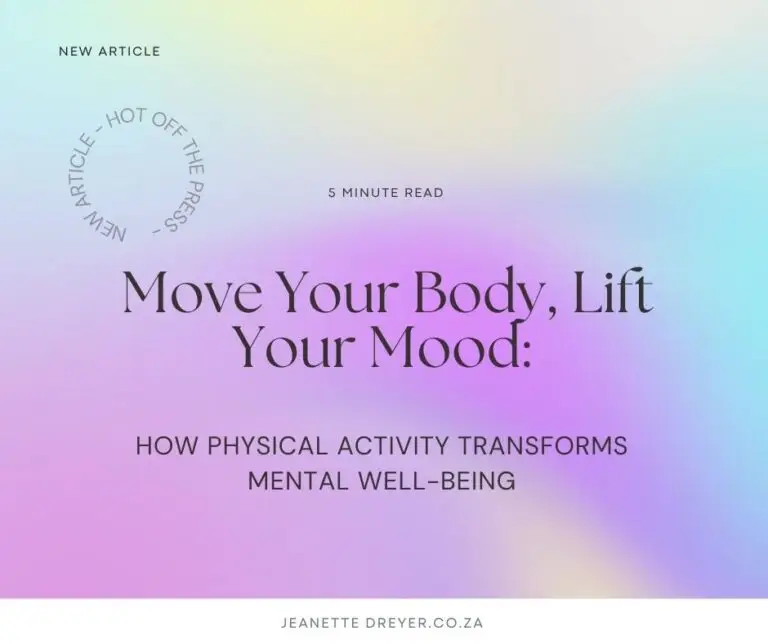When You Feel Numb: Understanding Emotional Detachment and How to Reconnect
Feeling numb can be confusing and unsettling. You may notice that emotions feel muted, distant, or flat. Things that once mattered don’t seem to register in the same way, and even moments that should bring joy or sadness feel strangely neutral.
For many people, this creates fear: “What’s wrong with me?”
But emotional numbness is not a sign that something is broken. More often, it’s a sign that your system has been protecting you.
Numbness is not the absence of feeling.
It’s the body’s way of saying, “This has been too much for too long.”
Why Emotional Numbness Happens
When emotions become overwhelming—whether through prolonged stress, trauma, loss, or chronic pressure—the nervous system sometimes responds by turning the volume down. This isn’t a conscious choice. It’s a survival strategy.
Emotional detachment can develop when:
- Stress has been ongoing with little relief
- Strong feelings felt unsafe to express
- You had to “carry on” despite pain
- Your system didn’t have space to process what was happening
In these moments, numbness offers temporary relief. It allows you to function, to keep going, to cope. But over time, it can also leave you feeling disconnected—from yourself and from others.
What Numbness Can Look Like
Emotional detachment doesn’t look the same for everyone. It may show up as:
- Feeling “blank” or emotionally flat
- Struggling to cry or feel joy
- Going through the motions without feeling present
- Feeling distant in relationships
- Difficulty identifying what you feel
- A sense of being on the outside of your own life
These experiences are often misunderstood as depression or indifference. But numbness is different. It’s not a lack of caring—it’s a form of protection.
Why Forcing Yourself to ‘Feel More’ Doesn’t Work
Many people try to push through numbness by telling themselves they should feel grateful, happy, or motivated. Unfortunately, this usually deepens the disconnection.
Your nervous system doesn’t respond to pressure—it responds to safety.
Emotions return not when they’re demanded, but when your system senses that it’s safe enough to soften.
Reconnection is not about forcing feelings back online.
It’s about gently creating the conditions where they can return naturally.
Gentle Ways to Reconnect With Yourself
Reconnection doesn’t happen all at once. It happens slowly, in small, manageable steps.
- Start with the body, not emotions Numbness often lives in the nervous system. Gentle movement, stretching, warm showers, or placing a hand on your chest can help your body feel more present.
- Notice sensations, not feelings Instead of asking, “What am I feeling?” try asking, “What do I notice in my body right now?” Pressure, warmth, tightness, or heaviness are all valid starting points.
- Allow neutral moments to count
You don’t need to feel happy. Feeling okay, calm, or even just here is progress.
- Reduce emotional overload Too much stimulation—news, social media, constant noise—can keep numbness in place. Creating quieter moments helps your system recalibrate.
- Talk with someone safe Speaking aloud, without needing to explain or perform, helps re-establish connection. Being heard without judgment matters more than saying the “right” thing.
- Be patient with the process Reconnection happens on your nervous system’s timeline—not your mind’s.
A Gentle Reminder
If you feel numb, it doesn’t mean you’ve lost your capacity for emotion.
It means your system learned how to protect you when things felt overwhelming.
Numbness is not the end of feeling.
It’s a pause—a holding pattern—waiting for safety, kindness, and space.
And with the right support, emotions do return. Often slowly. Often quietly. But they return.
Need support?
You’re welcome to reach out for a therapy session—in-person in Centurion or online from anywhere. Together, we’ll help you find steadiness, one step at a time.
📍 120 Zambezi Avenue, Doringkloof, Centurion
💻 Zoom sessions available nationwide


